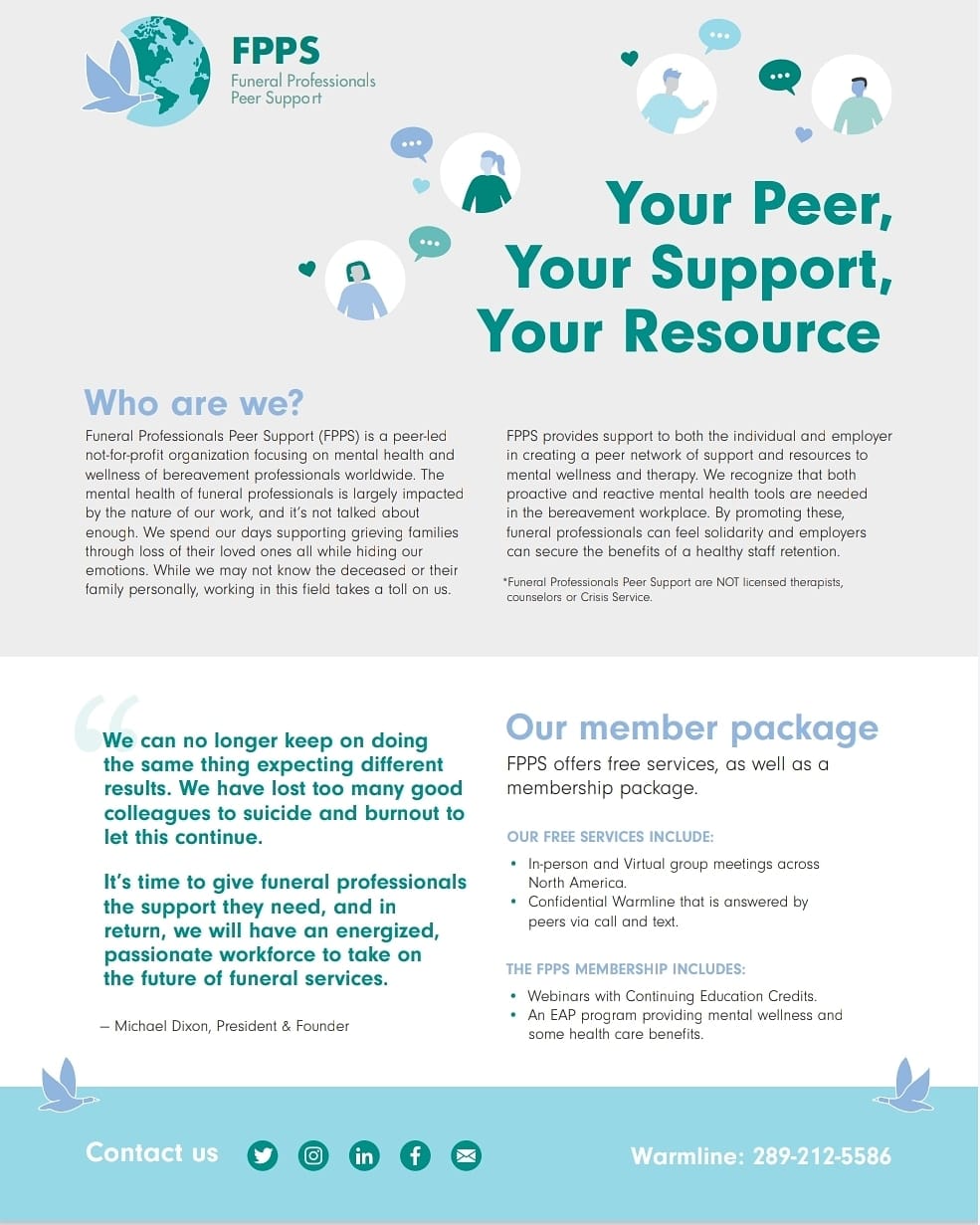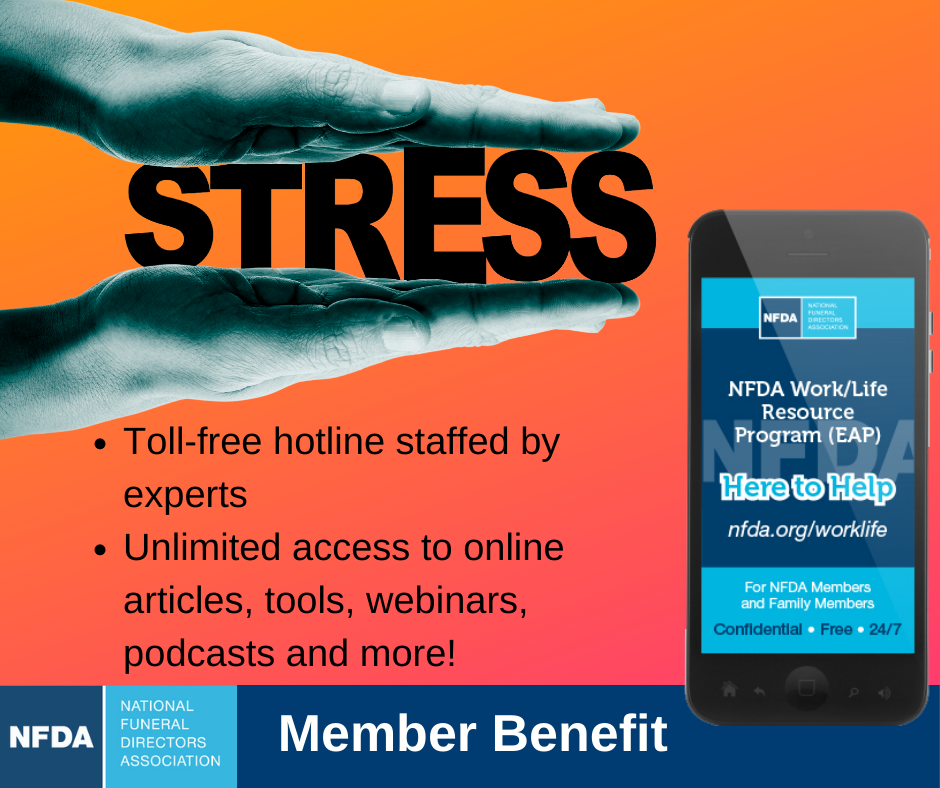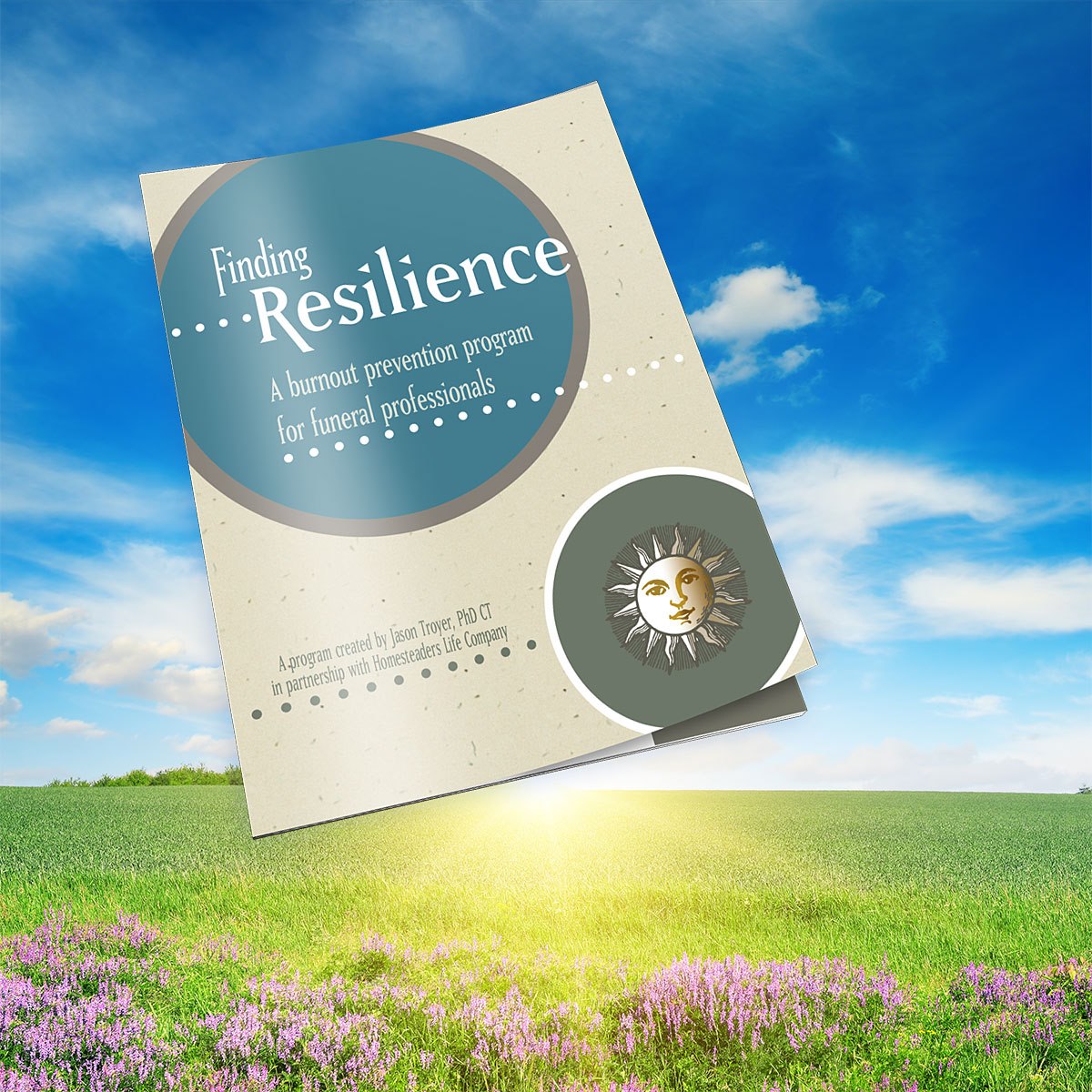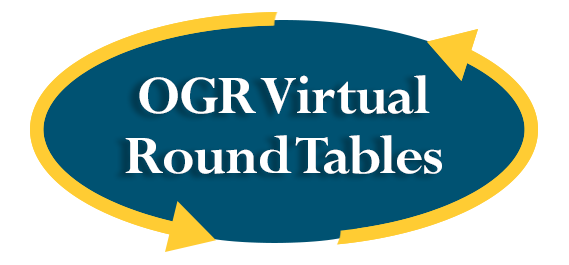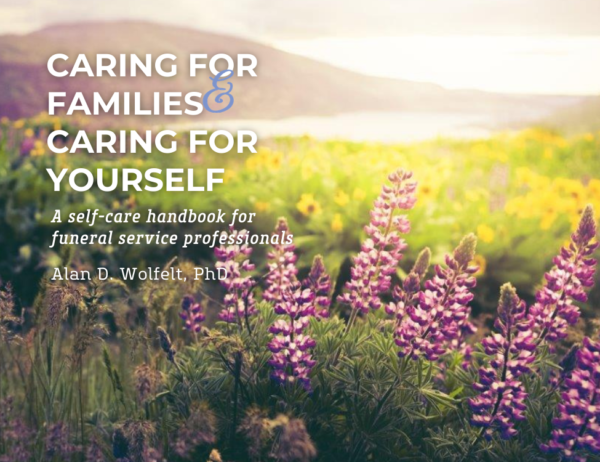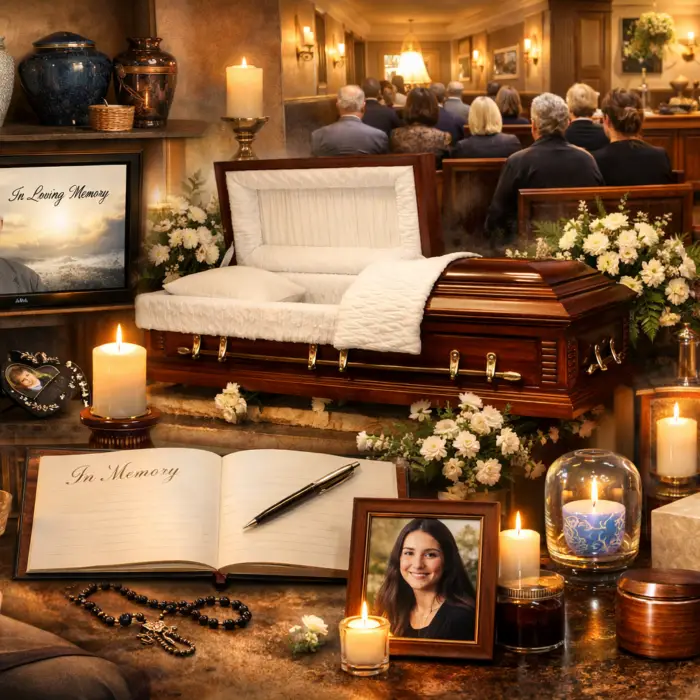Apr 05, 2021
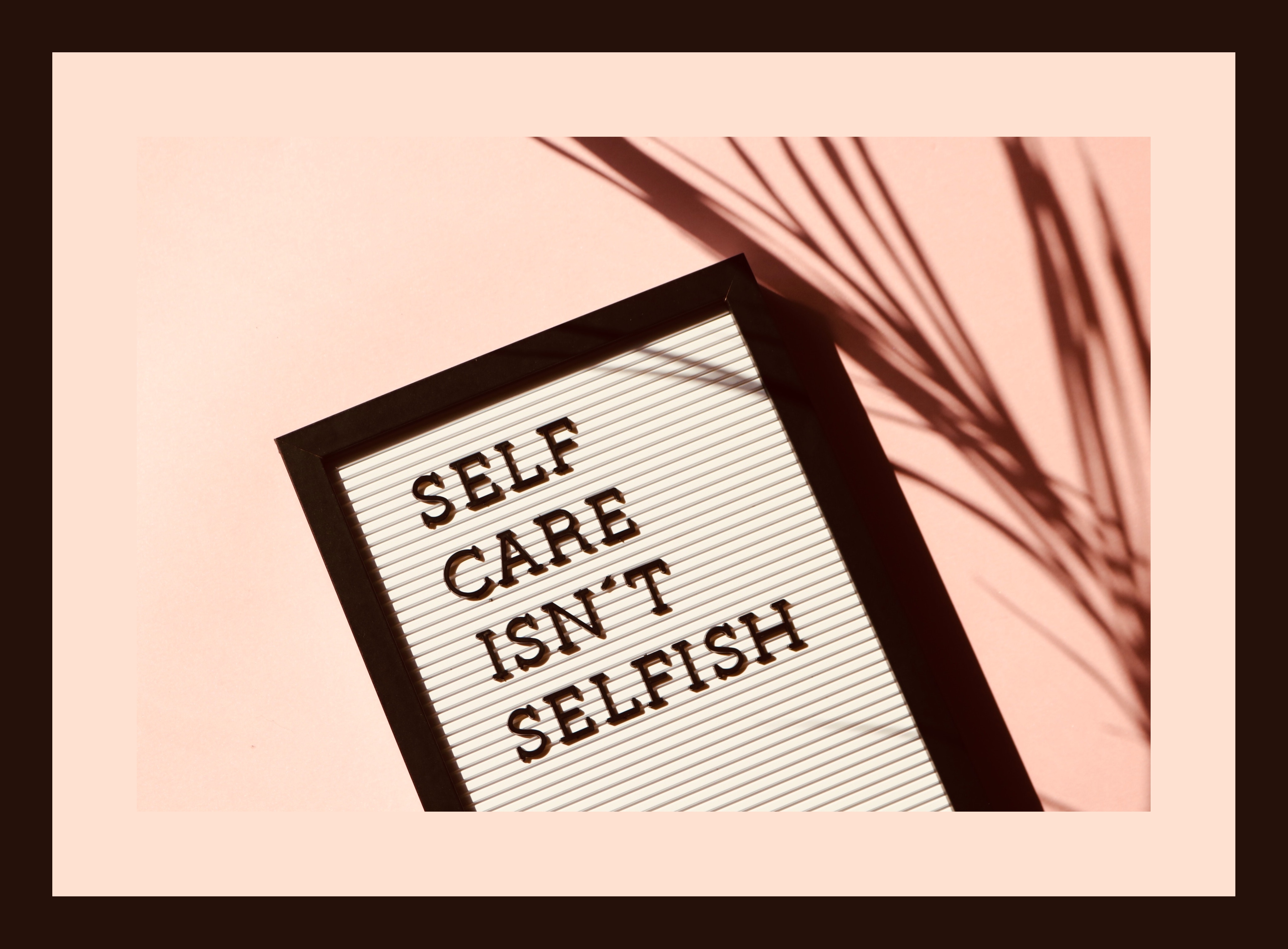
“We take better care of our cars than we take care of ourselves. If you see a blinking red light in your car, you’re going to pull off the road to get it serviced. Yet, we have warning signs go off in our lives all the time, but we keep driving until we break down. You’ll become a better person, a better funeral director and just a better overall servant to the people around you if you can care for yourself.”-Retired Funeral Director, Thomas Gale, of Currie Funeral Home in Kilmarnock, VA.
______________________________________________________________________
It cannot be overstated how much bravery funeral professionals must possess in order to face some of life’s most horrific tragedies. Deathcare workers fulfill an essential duty for humanity that most people are too afraid to even think about. While others run away from catastrophic events and disasters, funeral professionals courageously face what many cannot.
Whether they are confronted with the aftermath of a mass casualty event, the loss of a young life or, more often these days, families utterly destroyed by grief due to their loved one dying in isolation, funeral professionals are the witness bearers to life’s greatest misfortunes. So many have stepped in to help during our nation’s darkest hours and are haunted by their memories. The toll of this is unseen as deathcare workers are often forced to maintain a wall of composure while in the public eye. Funeral director mental health challenges remain largely unstudied and underappreciated, despite the immense emotional toll of their work and the unique stressors they face on a daily basis.
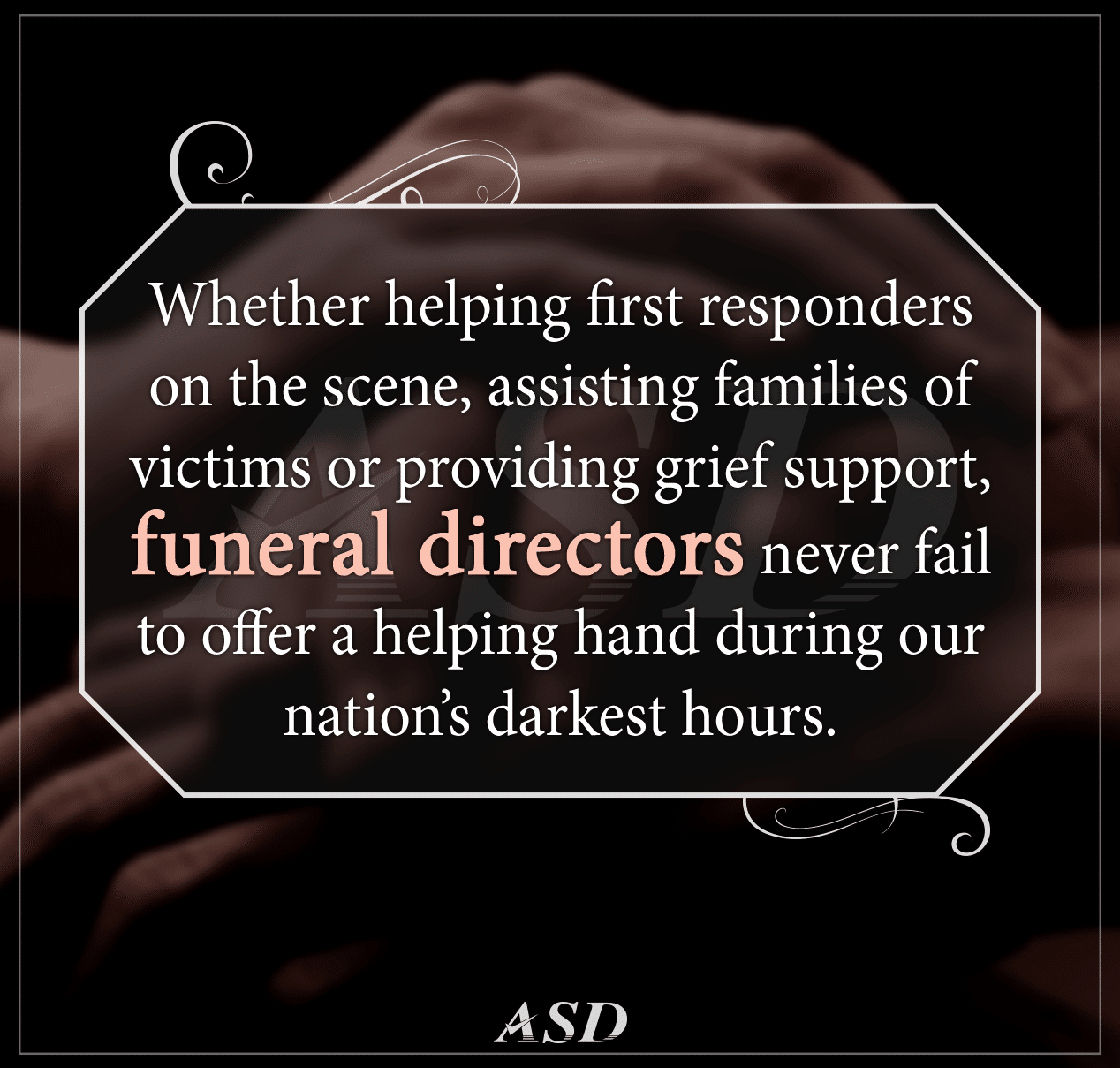
One of the often-overlooked side effects of working in funeral service is Post Traumatic Stress Disorder. PTSD, vicarious trauma and compassion fatigue represent a serious group of related problems for people who care for, hear about or witness the intense suffering of others. Funeral directors are especially vulnerable to these conditions. Yet, too often they are left out of conversations involving occupations at-risk for PTSD and therefore do not get access to the same level of mental wellness support that other first responders receive.
The trauma that funeral professionals are forced to live with is intensified by an inability to release their emotions. Just about every person who walks on this earth must confront a major tragedy at some point in their lives. Grief triggers are abundant for anyone who has ever lost a loved one, but funeral directors, those painful memories often resurface on a daily basis due to the nature of their work. Rather than being able to let out those feelings of anguish, funeral directors must often push aside their own personal devastation in order to focus on the families they are serving.

These challenges have always been present for those working in funeral service, but the experience of living through a pandemic has traumatized funeral professionals more than any time in the past 100 years. The longtime psychological impact this will have on deathcare workers cannot be swept under the rug. Many likely do or will suffer from PTSD after the horrors they have witnessed. The experience of having to go into a crowded trailer filled with bodies to locate a deceased person, of having to carry out your job duties while fearing for your own health, of having to refuse families you want to help…how do you reconcile with such memories? There is no question the immense toll this event has taken on funeral director mental health.
We believe it is imperative in the days ahead for our professional community to support these last responders in any way we can. What they have endured is truly unimaginable and yet they never stopped working despite being exposed to these harrowing conditions day after day. In the list below, we outline some valuable mental health resources for deathcare professionals. If you are suffering from symptoms of PTSD, compassion fatigue or burnout, please consider reaching out to one of the organizations below for support.
1. Funeral Professional Peer Support
In 2018, the very first peer-counselling group for funeral professionals was founded in Canada. The group, Ottawa Funeral Peer Support, was founded by funeral professionals, Michael Dixon and Melanie Giroux. After having a difficult time finding help for their profession’s mental health challenges, Michael and Melanie decided to create their own group to bridge this gap. Several articles were published about the group and funeral professionals throughout Canada and the United States praised their efforts in establishing the very first specialized support group for deathcare professionals.
Over the past three years, the Ottawa Funeral Peer Support Group has evolved into a worldwide organization known today as Funeral Professionals Peer Support (FPPS). The organization’s mission is to “provide resources for the wellness of funeral professionals; to share our personal experiences, educate and advocate; and to foster a network of peer support groups across the country.” Their aim is to unite funeral industry professionals through a nationwide network of regional organizations offering support, information and resources within their community.
Currently, there are ten active FPPS support groups in Canada and five coming soon. Additionally, there are seven support groups opening in the United States, with locations in Alabama, New York, Ohio, Maine, South Carolina, Florida and Wisconsin. However, due to the pandemic, all meetings are being held virtually at this time.
“FPPS runs webinars with continuing education credits that are attended by funeral directors worldwide. Their Warmline (a peer-run listening line), email, and direct messaging (via Instagram, Facebook, and LinkedIn) have daily inquiries for help, new groups, support, volunteers, and donation submissions. This includes messages from Canada, the US, the UK, Australia, New Zealand, Italy, and Africa,” shared FPPS Director of Business Development, Katie Hrycun. (The Cremationist, Vol 57, No. 1)
The reason we listed FPPS at the top of our list of mental health resources for funeral professionals is because they are the very first non-profit organization specifically created to address wellness support for bereavement professionals. The overwhelming response the organization has received from funeral directors is a testament to how deeply needed these resources are. Having a simple way to connect with those who understand the specific pressures of your work is vital and something that has been absent in the funeral profession for far too long.
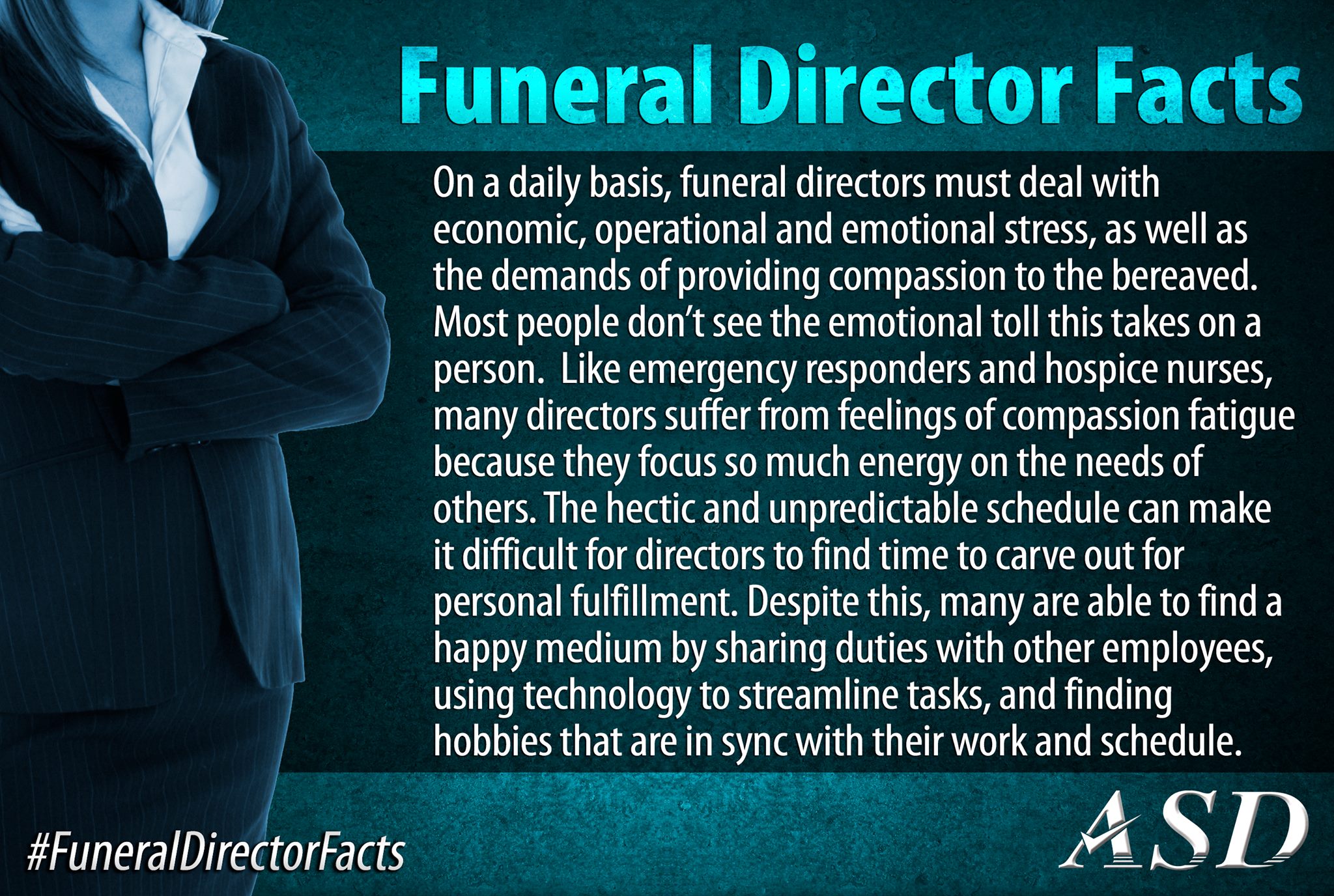
According to Hrycun, “FPPS has experienced significant traction leading to its quick evolution. More people are reaching out for the solidarity of a group, one-on-one peer help, or resources to therapy. “
To learn more, visit www.funeralpeersupport.com or email info@canadianfps.com. If you are looking for support from someone who understands what you are going through as a funeral service professional, you can call or text FPPS’s warmline at 289-212-5586. For information and announcements on upcoming virtual support groups, visit FPPS’s Facebook page.
2. The NFDA Work/Life Resource Program
The National Funeral Directors Association (NFDA) introduced the Work/Life Resource Program in 2017. This employee assistance programwas established to help funeral directors find balance between a fulfilling career and meaningful life outside of the funeral home. The Work/Life Resource Program is offered to all NFDA members for no cost. One of the core components of the program is free hotline funeral professionals can call 24/7 to speak with expert counselors specializing in a range of different mental health issues. It also gives members access to a variety of helpful mental health resources, online tools, and referrals.
In addition to the Work/Life Resource Program, NFDA also routinely holds webinars and podcasts related to self-care, compassion fatigue, PTSD and vicarious trauma. Below is one of the more recently held webinars focusing on this topic.
Click here for more NFDA funeral director wellness support resources.
3. Finding Resilience: A Burnout Prevention Program for Funeral Professionals
Introduced in 2018, Finding Resilience is a wellness support program designed specifically to help funeral professionals combat burnout and compassion fatigue. The program was created by Dr. Jason Troyer of Mt. Hope Grief Services in partnership with Homesteaders Life Company. Finding Resilience consists of a suite of mental health resources to help funeral directors cope with the specific challenges they face. The program is multi-faceted and offers help through several different formats and over extended periods of time.
Dr. Troyer discusses the importance of funeral directors “refilling their well”
Funeral directors who enroll in the Finding Resilience program receive weekly emails from Dr. Troyer with strategies to help them prevent burnout. Dr. Troyer offers presentations, workshops and webinars where he speaks directly to funeral professionals about the specific mental health issues they are grappling with. In addition to this, the program also offers an information booklet, a pocket-sized guided journal and access to Dr. Troyer’s blog posts, like this outstanding post, What I Wish Everyone Knew About Funeral Professionals During the Coronavirus.
Click here learn more about the Finding Resilience program or to enroll.
4. OGR Virtual Roundtables
The Order of the Golden Rule (OGR) has always endeavored to create opportunities where funeral directors can receive peer-to-peer support, whether it be in person or online. This year, the OGR has launched a new Virtual Roundtables to help facilitate meaningful discussions between funeral service professionals. These events are held on the third Thursday of every month and provide an opportunity for OGR member funeral professionals to share coping strategies with one another. The most recent topic was focused on mental health and burnout, but each Virtual Roundtable is centered on a different topic.
Click here for more information or to watch the most recent roundtable discussion.
5. Funeral Service Foundation Self-Care Handbook
In an effort to support all of the funeral professionals whose mental health has been compromised by the pandemic, the Funeral Service Foundation partnered with renowned grief author Alan Wolfelt to create a self-care handbook and complementing poster to help funeral professionals care for themselves. The self-care handbook includes tips, guidance, quizzes and journaling prompts that use proven methods to help funeral service professionals manage stress. The poster provides a gentle and constant reminder to funeral home staff to maintain a healthy work/life balance. Both resources are available free of charge to funeral service professionals and can be ordered online.
Click here to learn more or to place your order.
6. The Disaster Distress Helpline
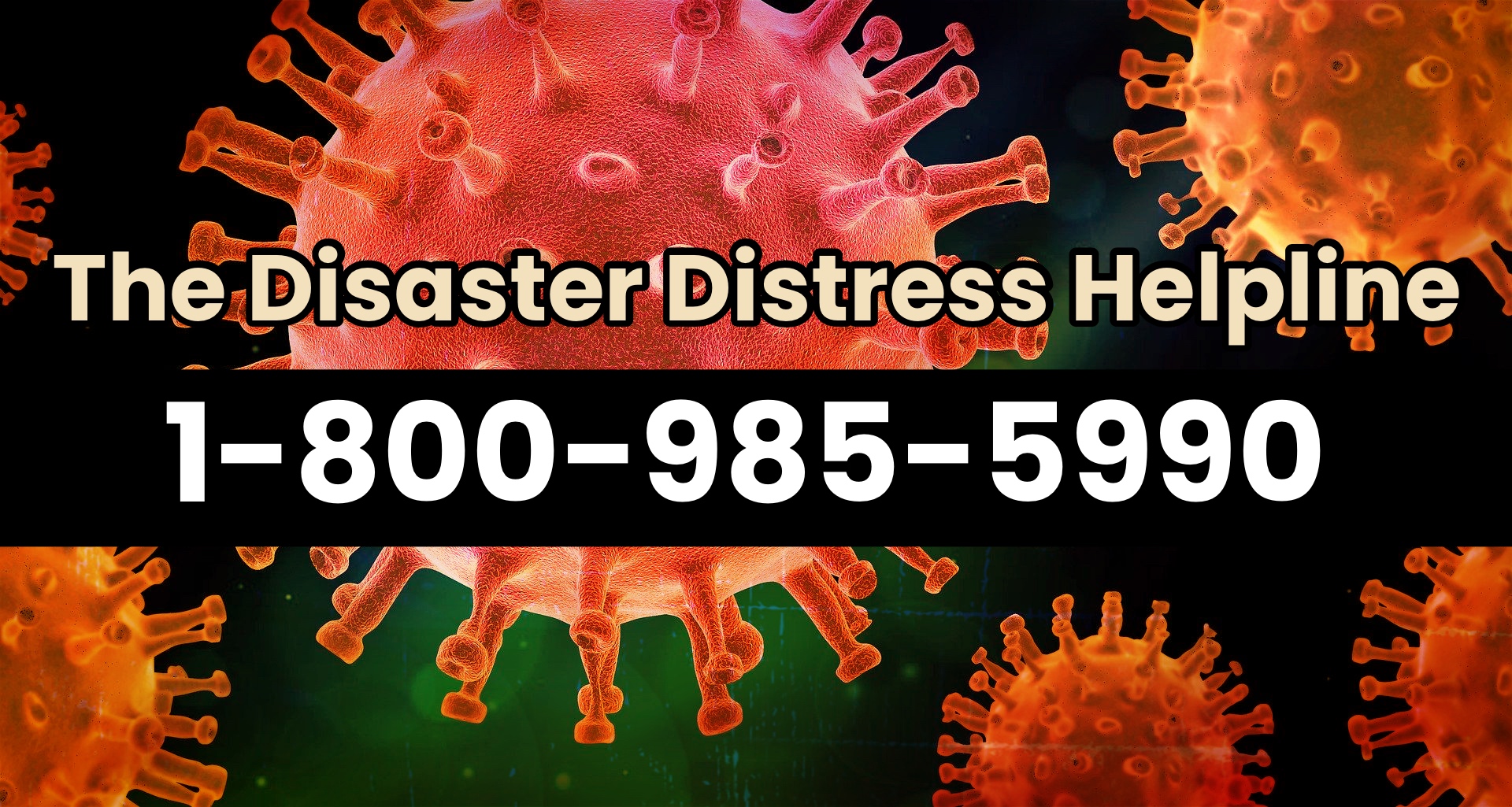
For funeral professionals who have been on the front lines of the pandemic, the nightmare of the past twelve months will not end when mask mandates and social distancing limitations do. Many will be haunted by the unimaginable horrors they have witnessed far into the future. For those funeral professionals who have experienced trauma as a result of COVID-19, you can call the Disaster Distress Helpline at 800-985-5990 or text TalkWithUs to 66746. This toll-free helpline provides 24/7, 365-day-a-year crisis counseling and support to people experiencing emotional distress related to natural or human-caused disasters, including COVID-19.
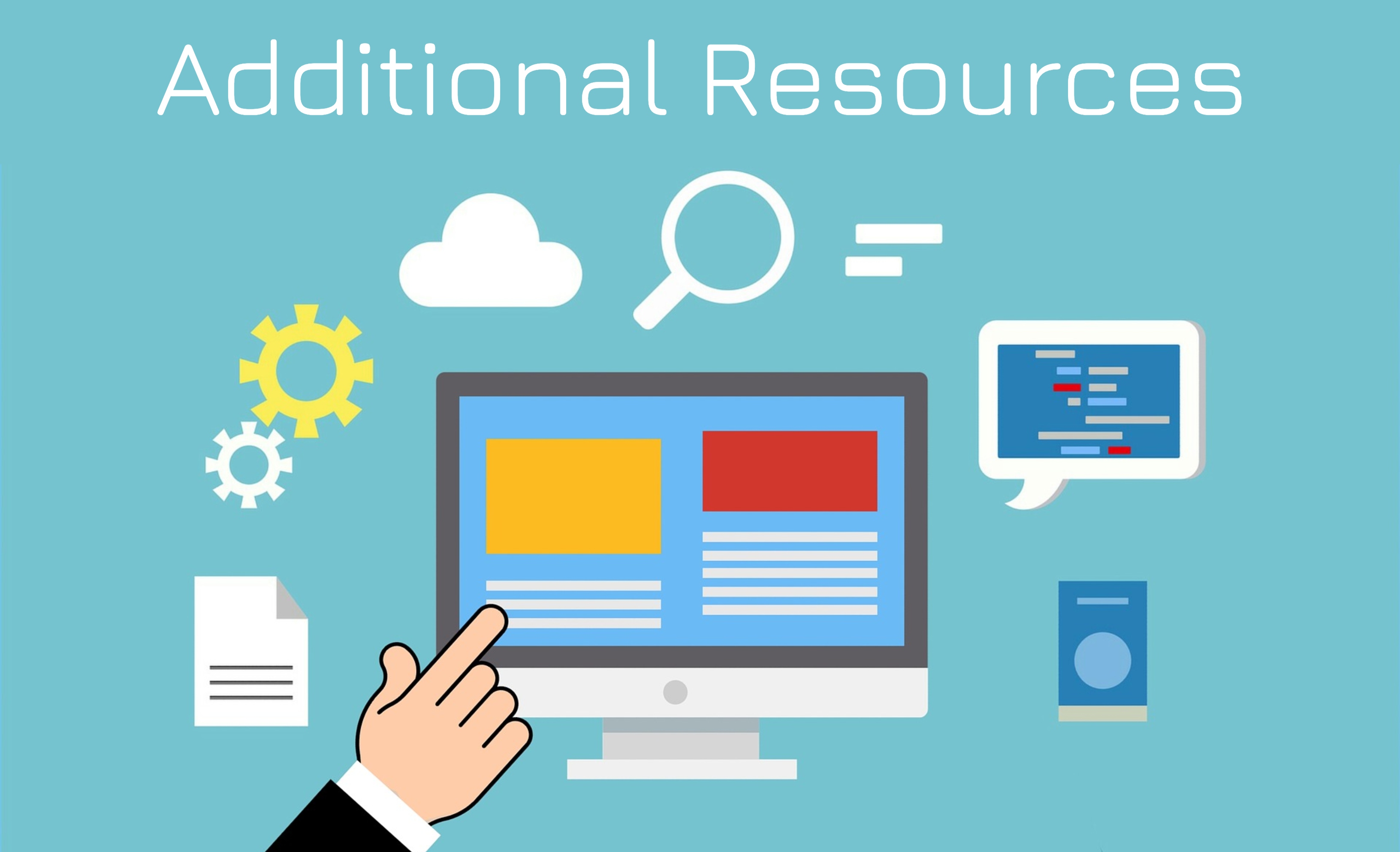
In addition to the above resources, we also wanted to share some videos and podcasts we found with different perspectives on how to cope with the mental health challenges of being a funeral director. We hope this information is helpful and informative.
Related Reading
Feeling Burned Out as a Funeral Director? Here’s Why and What You Can Do About It
Battling Burnout – How Funeral Directors Find Peace in the Midst of Chaos
About The Author
Jess Farren (Fowler)
Jess Farren (Fowler) is a Public Relations Specialist and Staff Writer who has been a part of the ASD team since 2003. Jess manages ASD’s company blog and has been published in several funeral trade magazines. She has written articles on a variety of subjects including communication, business planning, technology, marketing and funeral trends. You can contact Jess directly at Jess@myASD.com

